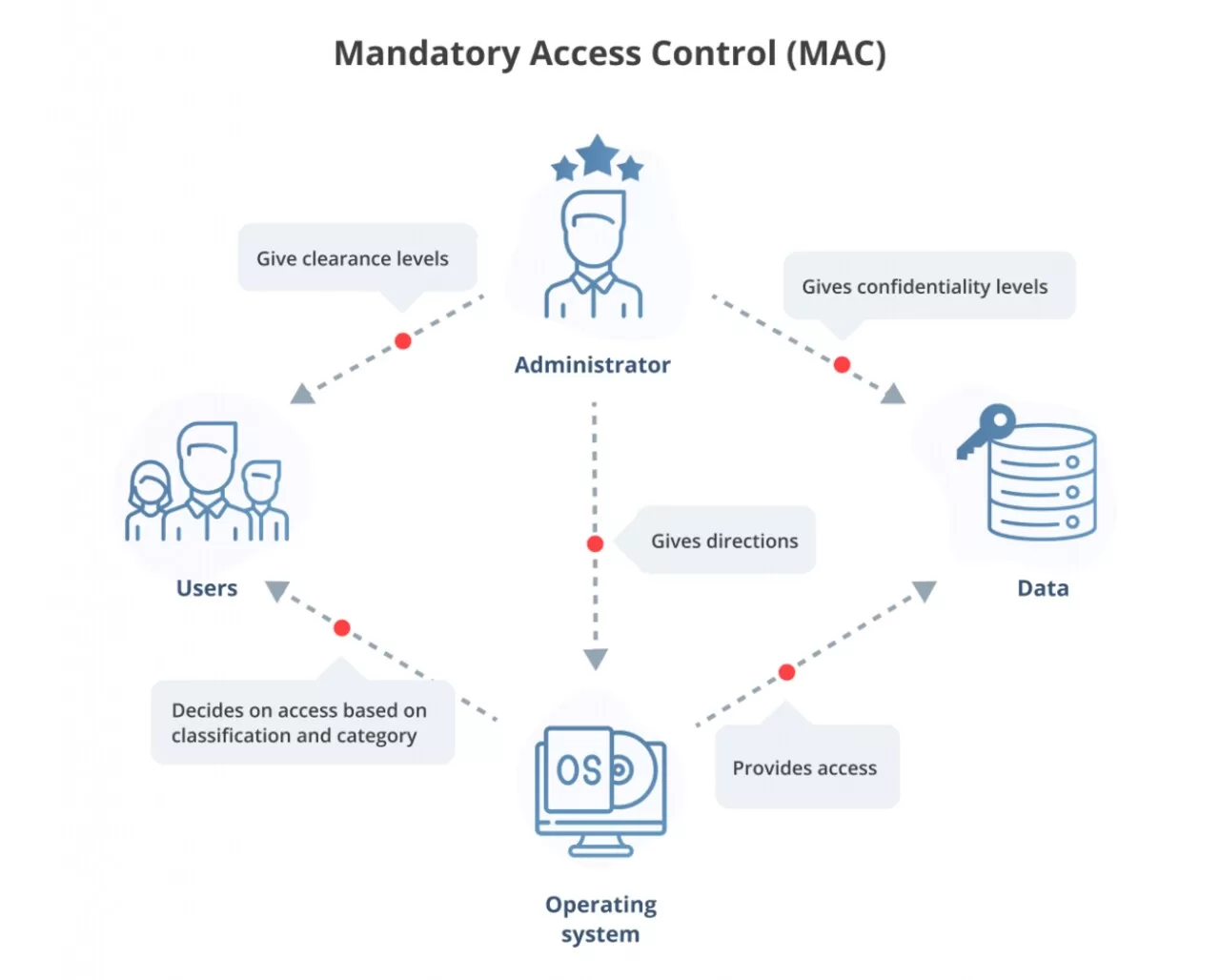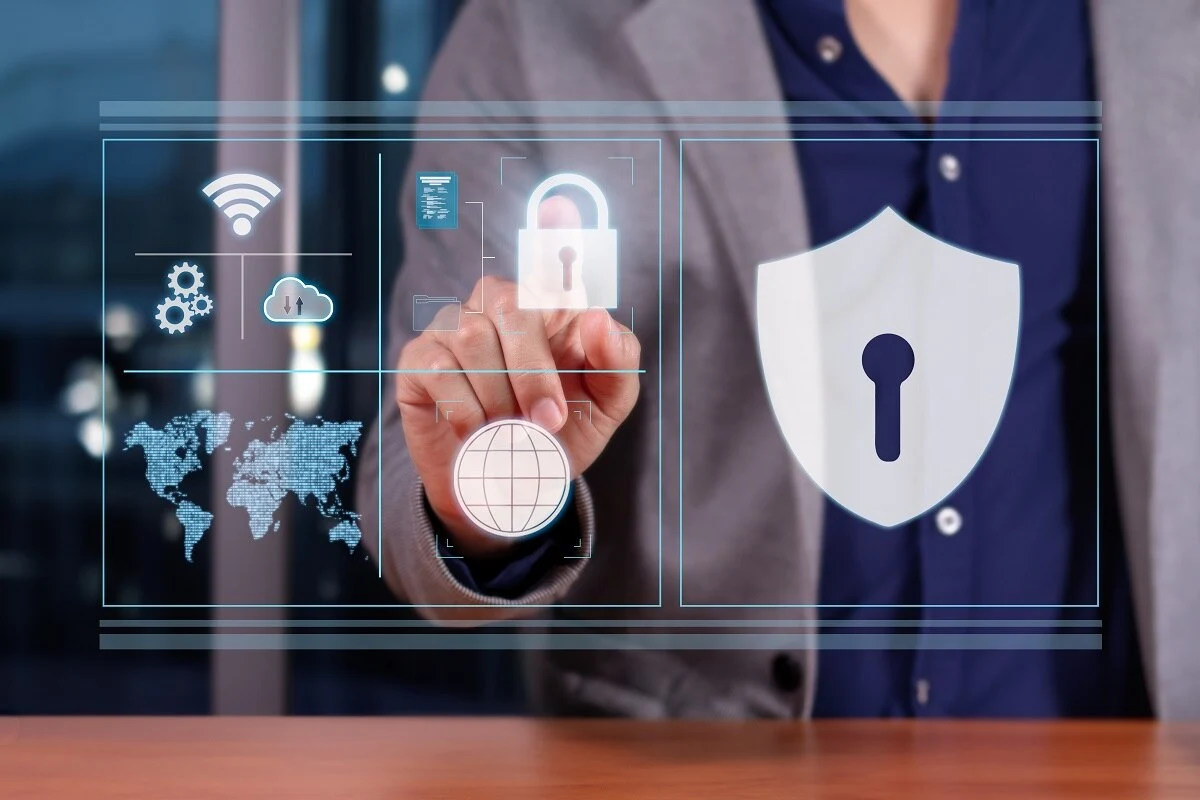It is tempting to believe that most identity theft occurs online, anonymously, with some stranger gaining access to your phone or computer and scraping it for your login credentials and payment information. While this does happen quite frequently, it is far from the only way identity thieves get the information they need. In fact, the weakest link in your identity’s security is you, and many scammers know just where to look or what to say to get you to divulge the sensitive information they use to steal your identity.
While you absolutely should equip all your connected devices with the best online identity theft protection services you can afford, you should also know about the less tech-focused scams that could befall you, like those explained below.
Dumpster Diving
If you manage most of your finances using online bills and statements, the hardcopy bills sent to you through the mail likely go straight from your mailbox into the trash can. After all, there’s no reason for you to waste time opening every envelope to read information that your digital financial management tool is automatically capturing for you.
Yet, smart fraudsters are well aware of the mailbox-to-dumpster information pipeline, and they will happily dig through your trash bins during the night to find documents containing your personal information. Sometimes, the details within your discarded mail are enough to commit basic acts of identity theft and other times, they help fraudsters launch more sophisticated attacks against you, as they will be armed with more information about your life.
To prevent these scammers from achieving success, you need to get in the habit of shredding any mail or other documents that might contain any amount of personal information, such as your name, address, phone number, bank, employer, kids’ names, and more. If you don’t have a shredder, you can use scissors to cut your documents into unreadable shreds.
Nosy Telemarketers
It is rather typical for you to exchange personal information over the phone to verify your identity with service providers like your insurance or doctor’s office. If you are setting up a new account, they might even make requests for certain information, like your birthdate, your payment card number, or even your social security number.
Yet, this doesn’t mean that you should feel comfortable divulging this information to anyone you are talking to on the phone. Scammers posing as banks or other reputable institutions have a relatively high success rate in tricking people into revealing valuable personal information, so you need to be careful to recognize when you are dealing with a legitimate organization and when a fraudster is trying to deceive you.
Generally, legitimate institutions will not contact you over the phone without first notifying you via mail or email, which means if you receive a call out of the blue, you should suspect a scammer. A good way to verify is to hang up and dial a contact number for the institution that you find online before you grant them any information they are requesting.
True Romance
Almost everyone is searching for love and connection, and some people are so desperate to find a person with whom they easily fit that they will unthinkingly reveal all manner of private information. Mistakenly, many people believe that romance scams isolate themselves to dating websites and apps, but indeed, they are more prevalent in spaces where scammers can more effectively maintain anonymity.
However, romance scammers will take advantage of any mark they find, which means that the blind date you met through your coworker could end up scamming you out of your house and home.
You always need to think twice before revealing any personal information to anyone you are romantically interested in. You should try to get to know the important people in their lives to verify that your partner is telling the truth about themselves. Even if you have spent time with them in person and feel that you know them fairly well, you should take the time to research them online before “loaning” them any amount of money, let alone sharing a credit or checking account with them.
Threats to your identity are everywhere. While you can rely on an ID protection service to monitor your credit and bank accounts online, you need to take additional precautions in your offline life to keep yourself fully safe.
Read Also:
- Canada Launches Center To Combat Crime In Blockchain Area
- Why Do You Need A Home Security System?
- Cybercriminals Are Doing Their Homework Latest For Scams- Tips To Avoid Scams




